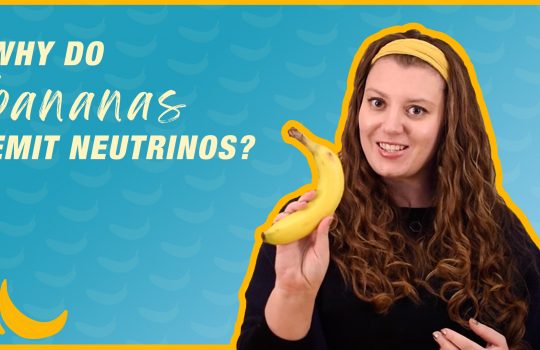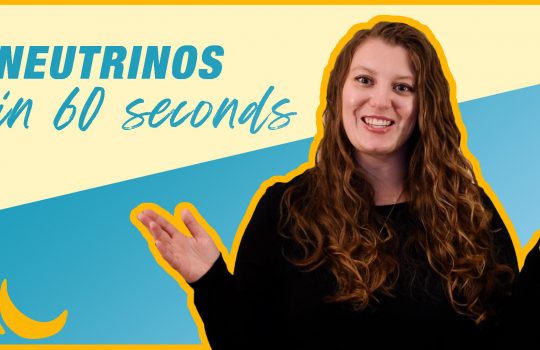Our universe is made of matter. Yet the Big Bang produced essentially equal amounts of matter and antimatter according to our most fundamental understanding of the building blocks of nature. The inability of our fundamental theory to describe this basic feature of our universe is the great frustration of modern physics. In this one-hour lecture, held on Feb. 19, 2021, Dr. Gerald Gabrielse, Northwestern University, gives an introduction to antimatter and matter, explains the theoretical framework that explains particle interactions, and gives examples of attempts to solve the mystery of antimatter.




